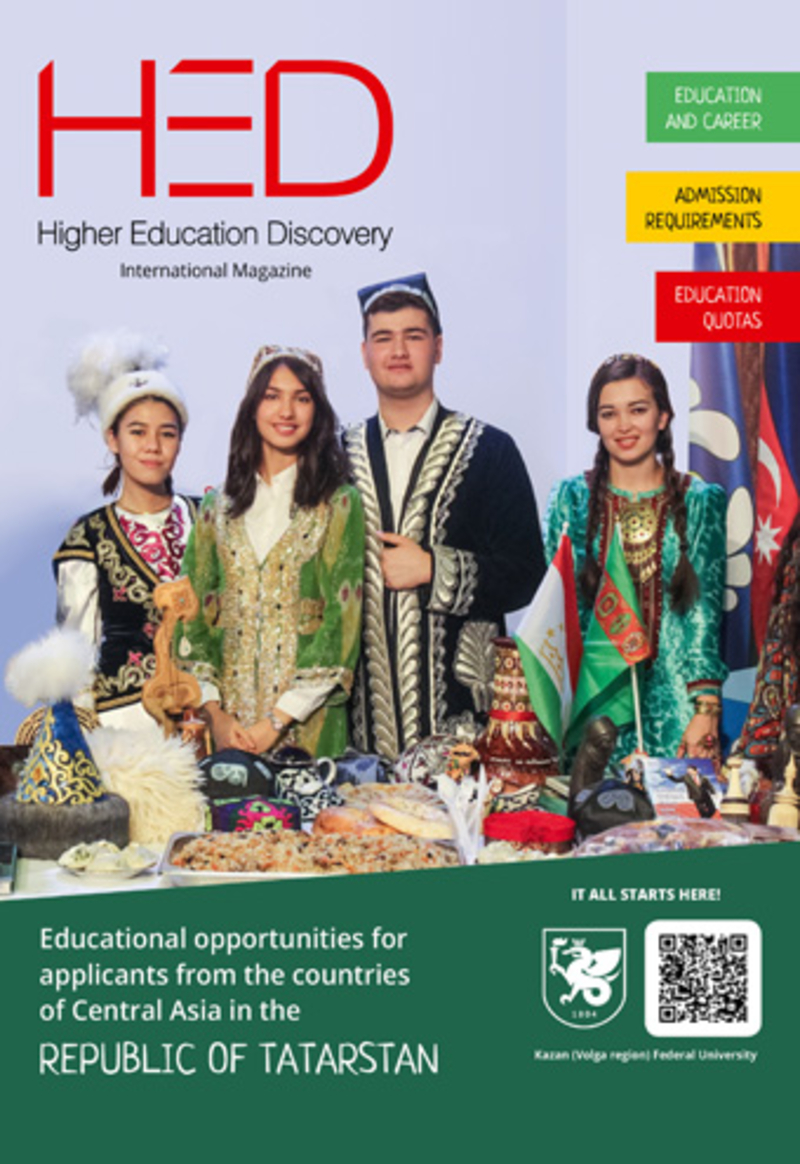
HED magazine № 9 (20) 2022
According to the Ministry of Education and Science of the Republic of Tatarstan, more than 18,000 international students from 14 countries of the former USSR and 107 other foreign countries are studying at 39 universities of the republic today.
Articles of the issue
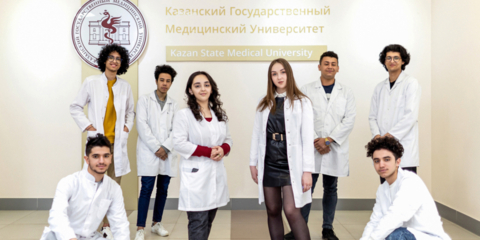
№ 9 (20) 2022
At What University Can You Get A Suitable Profession?
You can become an excellent specialist in most popular fields of study among students from the CIS countries if you choose to study at one of the universities in Tatarstan.
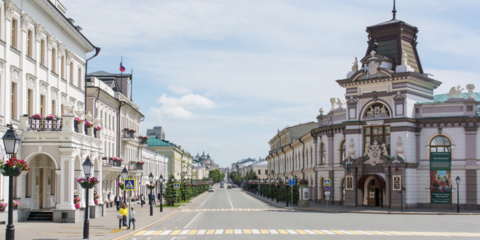
№ 9 (20) 2022
Higher Education For International Students In The Republic Of Tatarstan
High-quality training, living conditions, well-developed campus infrastructure, active international cooperation, opportunities for successful personal development in science – all of this attracts talented eople to the universities in Tatarstan.
№ 9 (20) 2022
Kazan Federal University
The university trains open-minded researchers, managers at different levels, top-class professionals for major corporations and industrial enterprises, banking and consulting organizations, venture companies and small business.
№ 9 (20) 2022
Kazan National Research Technical University named after A. N. Tupolev
KNRTU-KAI is a modern education and research center which is highly reputed in Russia and abroad. It trains highly qualified personnel for knowledge-based engineering and covers the aviation and automotive industries.
№ 9 (20) 2022
Kazan State Academy of Veterinary Medicine
Kazan SAVM is the oldest higher education institution for veterinary science in Russia. It trains veterinarians, veterinary food hygienists, livestock engineers, agricultural process engineers who have excellent skills in their profession.
№ 9 (20) 2022
Kazan State Institute of Culture
Kazan State Institute of Culture is a leading educational and scientific center of the Middle Volga region that conducts research on the development of world culture, national cultures of the Volga region's people.
№ 9 (20) 2022
Kazan State Medical University
Kazan State Medical University is the Russian medical science and medical education leader, the center for the development of new medical, pharmaceutical and social technologies of the 21st century.
№ 9 (20) 2022
Kazan State Power Engineering University
KSPEU trains highly qualified personnel in the field of electric power engineering, power engineering and civil engineering.
№ 9 (20) 2022
Kazan State University of Architecture and Engineering
Kazan State University of Architecture and Engineering is a modern center for education, research and innovation with high creative potential.
№ 9 (20) 2022
Naberezhnye Chelny State Pedagogical University
NCSPU is a classical pedagogical university, one of the largest centers in the Volga-Kama region for education and research guidance.
№ 9 (20) 2022
Petroleum High School — Almetyevsk State Oil Institute
Petroleum High School — Almetyevsk State Oil Institute is the only multidisciplinary technical higher education institution in the Southeast of Tatarstan that trains specialists for the oil and gas industry of Tatarstan, Russia, and other countries.
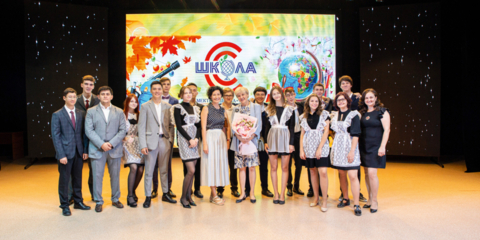
№ 9 (20) 2022
Russian Education For Students From Kazakhstan
Olga Filonova, Head of the Russian House in Astana, talks about what makes higher education in Russia attractive to students from Kazakhstan, about admission opportunities and assistance in choosing a university.
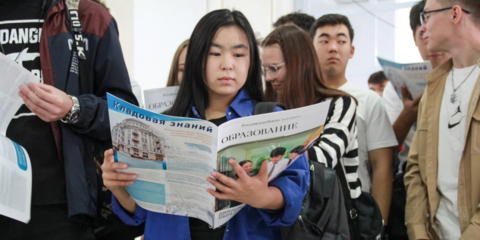
№ 9 (20) 2022
Russian Education For Students From Kyrgyzstan
Albert Zulkharneev, Head of the Russian House in Bishkek, talks about Kyrgyz school students' interest in Russian higher education and training highly qualified specialists for Kyrgyzstan economy.
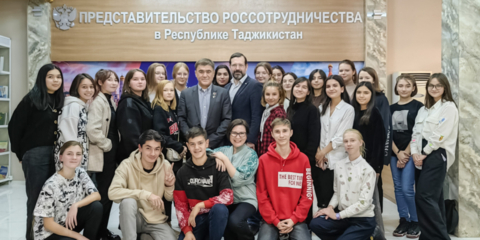
№ 9 (20) 2022
Russian Education For Students From Tajikistan
Ivan Ivanov, Head of the Rossotrudnichestvo representative office in Tajikistan, talks about how the representative offices of Rossotrudnichestvo in Tajikistan help students prepare for admission to Russian universities and what applicants should know.
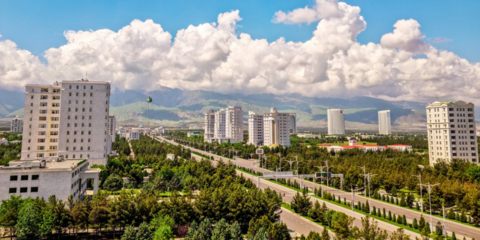
№ 9 (20) 2022
Russian Education For Students From Turkmenistan
Yulia Zaytseva, a Rossotrudnichestvo representative in Turkmenistan, talks about how applicants are selected for Russian universities and how to prepare for an interview.

№ 9 (20) 2022
The Republic of Tatarstan
According to the Ministry of Education and Science of the Republic of Tatarstan, more than 18,000 international students from 14 countries of the former USSR and 107 other foreign countries are studying at 39 universities of the republic today.
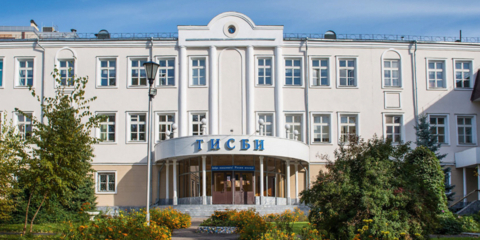
№ 9 (20) 2022
University of Management "TISBI"
The first private state-accredited university in the Republic of Tatarstan. It trains legal experts, software engineers, HoReCa specialists, economists, international cooperation specialists, managers, youth outreach specialists, educational psychologists.